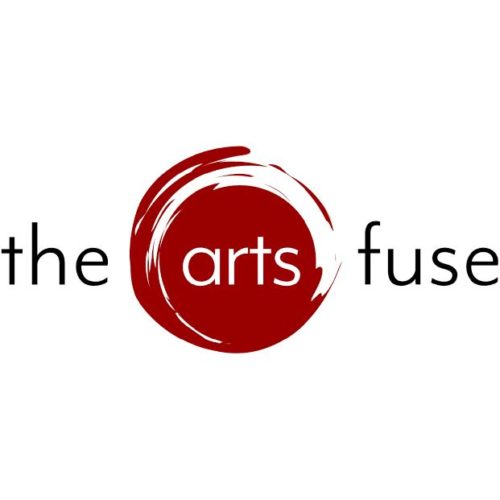From the Editor’s Desk: We Turn Twelve — The Future of the Arts Fuse
By Bill Marx
This funding means that The Arts Fuse will be cranking out the kind of incisive arts coverage you have come to expect for a good time to come.

First — My Deep Thanks
The Spring Appeal blew by my wildest expectations. I was hoping to meet last year’s record-breaking $5,000 final tally. We ended up with over $9,000 — with over 100 people participating. Thanks to all who contributed, especially to the anonymous donors who made the $2,000, 1:1 match offer, the writers and readers who spread the word on social media, and to webmaster J.R. Carroll for keeping the magazine’s back end humming. This funding means The Arts Fuse will be cranking out the kind of incisive arts coverage you have come to expect for a good time to come. And it gives us the power to do more: to nurture new arts writers (particularly people of color), expand our mentorship program, and arrange for additional “For the Love of Criticism” conferences. Other projects will also be able to be moved from the back burner, including the return of the Judicial Review, an innovative approach to arts criticism online.
Second — The Future of Me
I turned 65 back in December and as of the end of this month I will no longer be teaching full time at Boston University’s College of Arts & Sciences Writing Program. I began at BU in 2007, after I was laid off by WBUR. That year I resurrected the award-winning online arts magazine I had created and edited for the NPR station. Since then, I have been editing The Arts Fuse (over 5,000 articles) while teaching three classes a semester, with a summer class tossed in for good measure. I enjoyed working with students, but it vacuumed away a lot of time I wanted to spend on improving and growing The Arts Fuse, as well as doing my own writing.
Things change. As of the end of this month, I will be semi-retired, teaching one class a semester — Arts Criticism at Boston University’s School of Communication. I instruct students on how to write journalistic arts criticism: the real thing, analytical judgments rather than blurb babble and/or second-rate marketing fodder. We read the powerful arts critics of the past — with a strong accent on American reviewers — and critique the best and worst of what passes for criticism in today’s media, online and off. Over the years I have discovered that students think criticism is just an opinion; they have no notion of what arts reviewing has been and can be. Or that it is craft in which articulating the reasons behind your verdict is as (if not more) important than the verdict itself.
Ironically, many professional editors and top tier critics share the same ignorance of arts criticism, with little idea of how it has evolved (and de-evolved) over the centuries, unaware of its shifting definitions. So, along with continuing The Arts Fuse, I will be working on a book about the history of nonacademic arts criticism. This volume will not be a nostalgic tour. I want to explore how the past provides ways of thinking about reviewing that will move contemporary arts criticism beyond its current state of decline. Reviewing has been — and can be — much more than consumer guide advice.
Also, I will be writing more theater reviews. A recent serious injury to my left knee has slowed me down for the moment — I slipped on the front steps of my home and just about severed my quadriceps tendon. It was very painful. I am post-surgery, and am now undertaking vigorous physical therapy. (Getting about at the moment with a brace and a cane.) I will be much more mobile in September — and plan to review something every week, either a theater production or a book.
Those who have been reading my recent reviews and commentaries will have a notion of what I have been trying to do — to expand, stretch, and refashion the parameters of a “review.” I want to reclaim arts criticism’s power to comment, seriously, on the state of culture and the world, to comment on those who wield power in the arts industrial complex, particularly the big funders (corporations, universities, banks, foundations) who are shaping a a sellable, antiseptic vision of “creativity.” One of the goals of criticism is to help free the artist’s imagination — by pointing out how, where, and when it has been enslaved, even by its so-called friends. But more on that in a future column.
Bill Marx is the editor-in-chief of The Arts Fuse. For over three decades, he has written about arts and culture for print, broadcast, and online. He has regularly reviewed theater for National Public Radio Station WBUR and The Boston Globe. He created and edited WBUR Online Arts, a cultural webzine that in 2004 won an Online Journalism Award for Specialty Journalism. In 2007 he created The Arts Fuse, an online magazine dedicated to covering arts and culture in Boston and throughout New England.

…KEEP UP THE VERY EXCELLENT REPORTAGE…